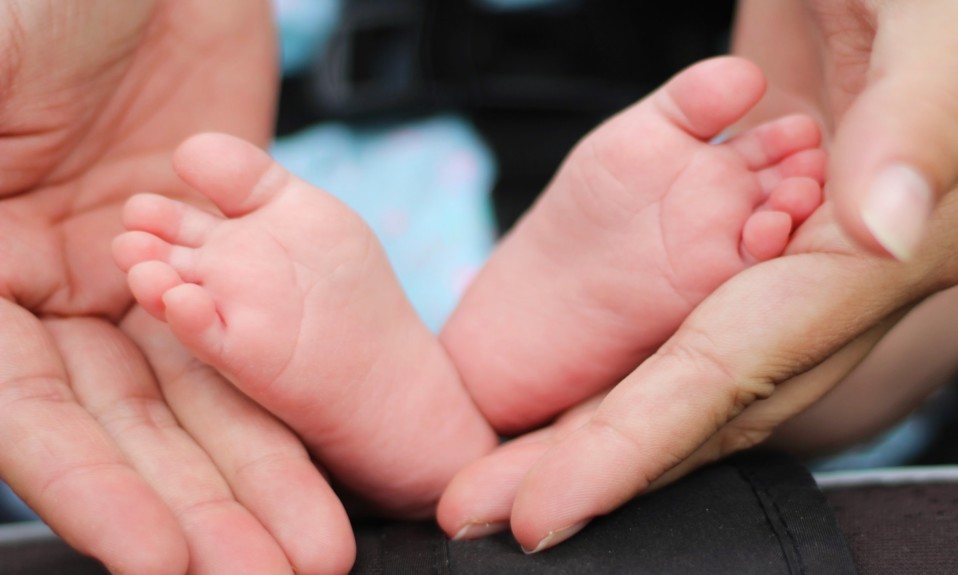Baby on Board, a recently launched program in northeast Ohio, provides much-needed mental health and addiction services
By Jason Langendorf
New and expectant mothers in northeast Ohio have new resources for mental health and addiction treatment services.
A ribbon-cutting ceremony was held last week in a facility in Warren, Ohio, to celebrate the launch of Baby on Board, a joint initiative offered through One Health Ohio and RISE Recovery. The program, operating out of two locations, provides specialized counseling in maternal mental health and maternal addiction, as well as other support (including medical services).
The Baby on Board staff is trained to help mothers and mothers-to-be cope with the emotional difficulties and challenges that can arise during and after pregnancy. Additionally, the program is designed to assist newborns and other family members with related services.
“The numbers right now are just a few, but I think events like this are going to get the word out there and really work to break the stigma and the shame,” Leslie Markulin, behavioral health manager at One Health Ohio, told The Business Journal at the ribbon-cutting. “Because that does so widely exist, and so many individuals are afraid to get that help because they fear they’ll be judged or that there’s something wrong with them, that this is supposed to come naturally. Those are myths that complicate the situation.”
Services Offered
According to a 2016 article in the journal The Nurse Practitioner, “Perinatal depression is considered the most underdiagnosed pregnancy complication in the United States, with more than 400,000 infants born to mothers who are depressed each year. The pregnancy and postpartum phases of the perinatal period are considered periods of high risk.”

Baby on Board was developed to treat and support local mothers with services that address:
- Depression, anxiety and mood disorder during and after pregnancy
- Adjustment difficulties
- Postpartum stress and birth trauma
- Treatment for substance misuse and addiction during and after pregnancy through RISE Recovery
- Coping with miscarriage and loss
Baby on Board cites genetic predisposition to depression, changing hormone levels, low thyroid hormone levels and a variety of social and circumstantial factors that could lead to prenatal and postpartum depression. Women of lower income and teens are especially vulnerable, with up to 61% in this demographic experiencing symptoms that may include (but aren’t limited to) sadness, fear, anger, guilt and lack of interest in the baby.
Women who use substances (and especially women with an opioid use disorder) are faced with even more difficulties around pregnancy. These mothers face a higher rate of social obstacles and co-occurring mental health conditions, while most obstetric care systems are ill-equipped to address their specific needs. Through the RISE Recovery arm of the Baby on Board program, according to its website, “more responsive and patient-centered care is able to be provided, and this specialized population’s needs are able to be understood and met on all levels.”
Example: Medication-assisted treatment (MAT), a component of the Baby on Board program, represents care that an expectant mother wouldn’t otherwise receive in a typical obstetrician’s visit. While still considered controversial in some circles, MAT can help reduce the stress on a fetus, decrease the risk of a mother’s overdose (and potential harm to the fetus), decrease the risk of infections and increase the chances of a baby developing to full term and being born at a healthy weight.
“As far as maternal mental health, every client that I’ve worked with so far has been extremely grateful,” Markulin said. “And I think they’re extremely grateful just for the relief to know that this does happen, they’re not alone, they’re okay, and with help they will be well again.”
To learn more about Baby on Board services, schedule an appointment or to comment or question, visit the program’s website or contact 1-877-722-3303.
Top photo: Suhyeon Choi; bottom photo: Dmitry Schemelev














